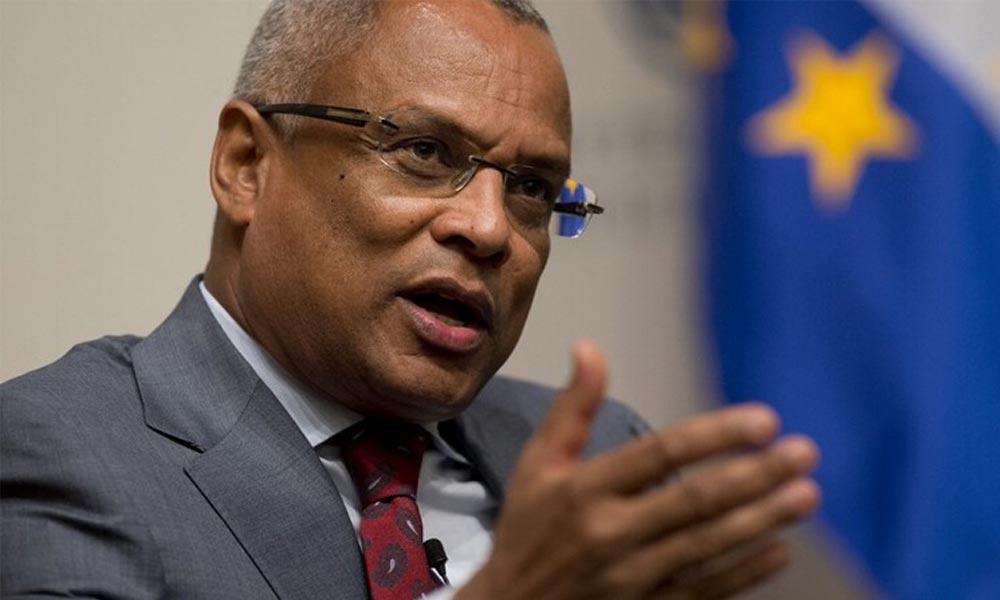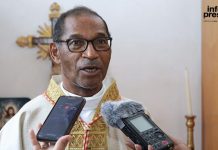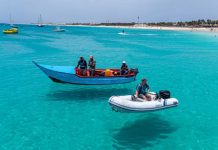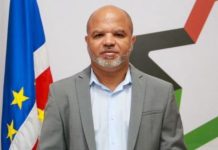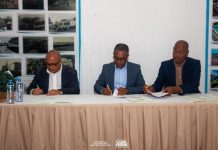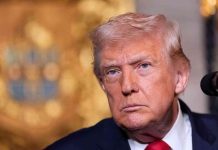Africa-Press – Cape verde. José Maria Neves, President of the Republic of Cape Verde, warned yesterday in Mindelo that if the State continues to borrow for its functioning, this could jeopardize the sustainability of the country’s public finances. He defended, among other things, the elimination of “superfluous” State expenditures and measures to “help” the most needy families.
The head of state was speaking yesterday about “Cape Verde the post-pandemic future” with young people from São Vicente, mainly university and secondary school students.
They were told that the situation is “very complex and very difficult”, especially after three years of severe drought, the situation of the covid-19 pandemic and the impacts of the war in Ukraine, with “the general increase in prices , especially of basic necessities”.
Because of the covid-19 pandemic, he clarified that the economy shrank by about 14.8 percent (%), which, in his view, “is a lot” in terms of national wealth, also warning that “the country needs to recover in terms of unemployment, employment and the fight against poverty and inequality”.
Because of the war, he said that the recovery could be “slower than expected”, and that, therefore, the country will need “about three years with the economy growing strongly to reach the wealth it had. in 2019”.
Reduction or elimination of superfluous expenses
In this context, which is even more difficult for the country, he called for “more quality in public spending”, the “reduction or elimination of superfluous expenses and the taking of measures to, in the short term, help the most needy families who need it most. the support of the State to be able to face the crisis”.
“The recovery will be much slower, the difficulties and challenges will increase. We have a large increase in public debt, which exceeds 150% of Gross Domestic Product (GDP) and, therefore, we are dangerously heading towards a highly indebted country if we continue at this rate of indebtedness, in addition to other non-securitized debts”, he clarified. .
JMN also recalled that the “domestic debt exceeds 30%, which can create difficulties for companies internally, even more so when the State competes with companies for access to resources”, increasing “greatly the cost of the investment itself”.
Hence, he defended that “the State cannot go into debt to guarantee its functioning”. “The State can borrow, yes, for the development and growth of the economy. Debt should be allocated to investment and wealth creation, or gross capital formation and not to the functioning of the state itself,” he said.
In this context, he said that one must have “courage to carry out profound reforms and changes”, to “reduce the public machine dimension” and also “dependance on the State itself”.
“Radically increase decentralization, denationalize society and reduce the public machine to channel resources to face the challenges facing Cape Verdean society”, he defended.
Remember that until yesterday, Friday, 18, the PR was on the island of São Vicente in an open and decentralized presidency, as he had promised when he was elected.
For More News And Analysis About Cape verde Follow Africa-Press

